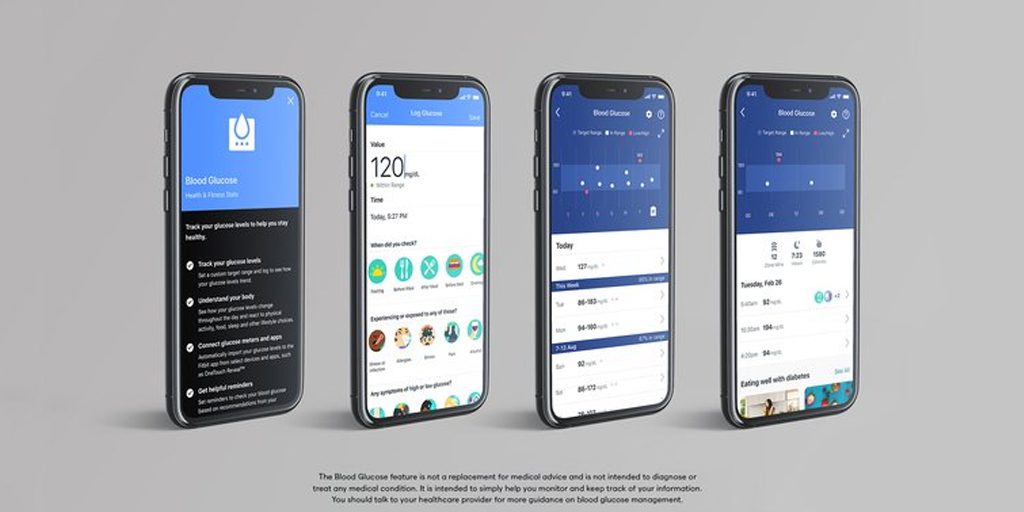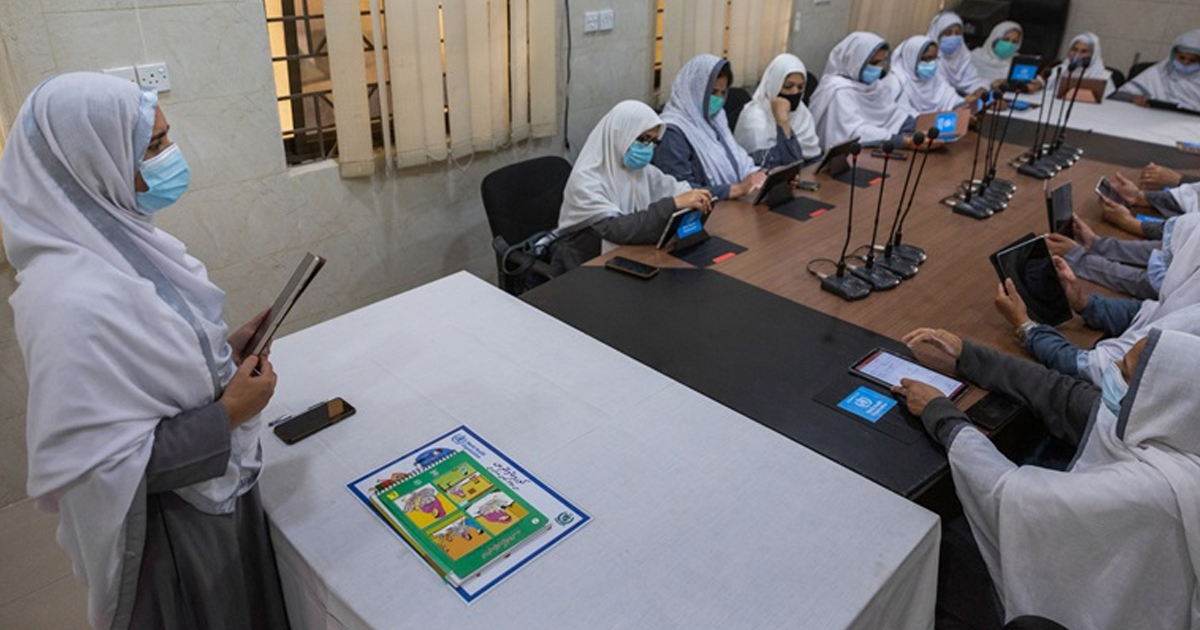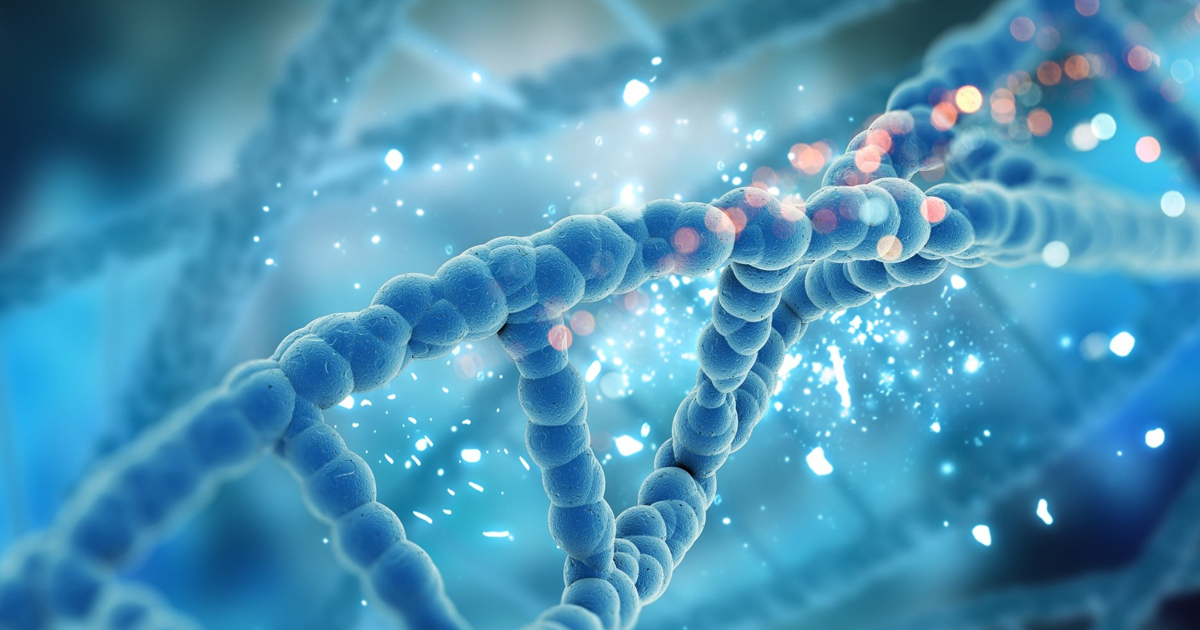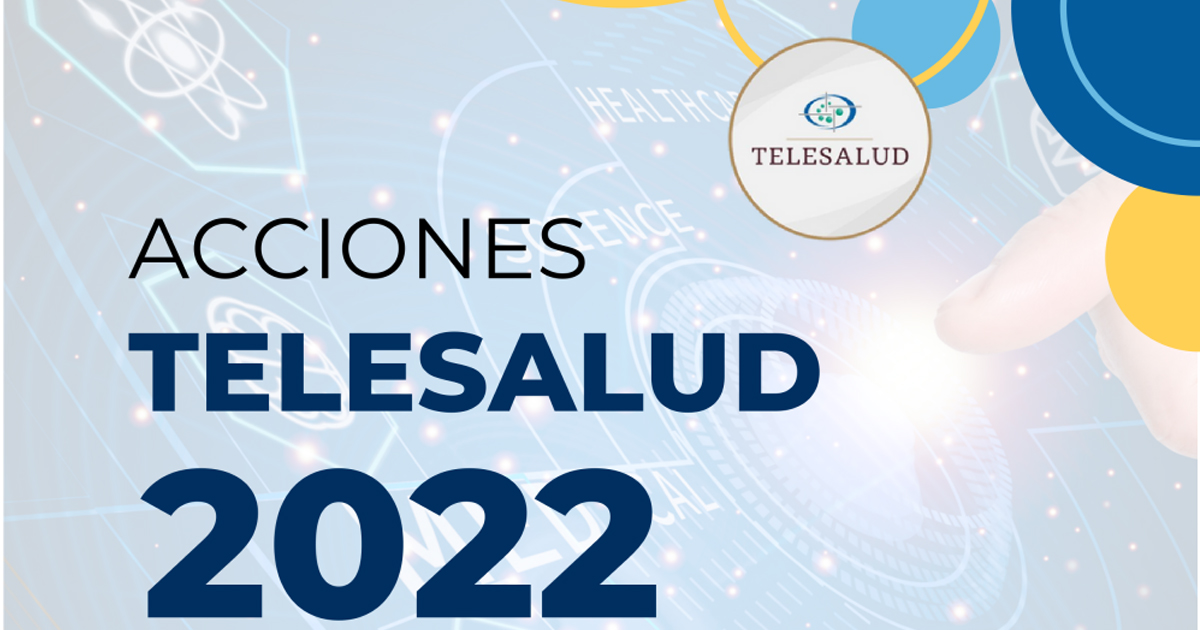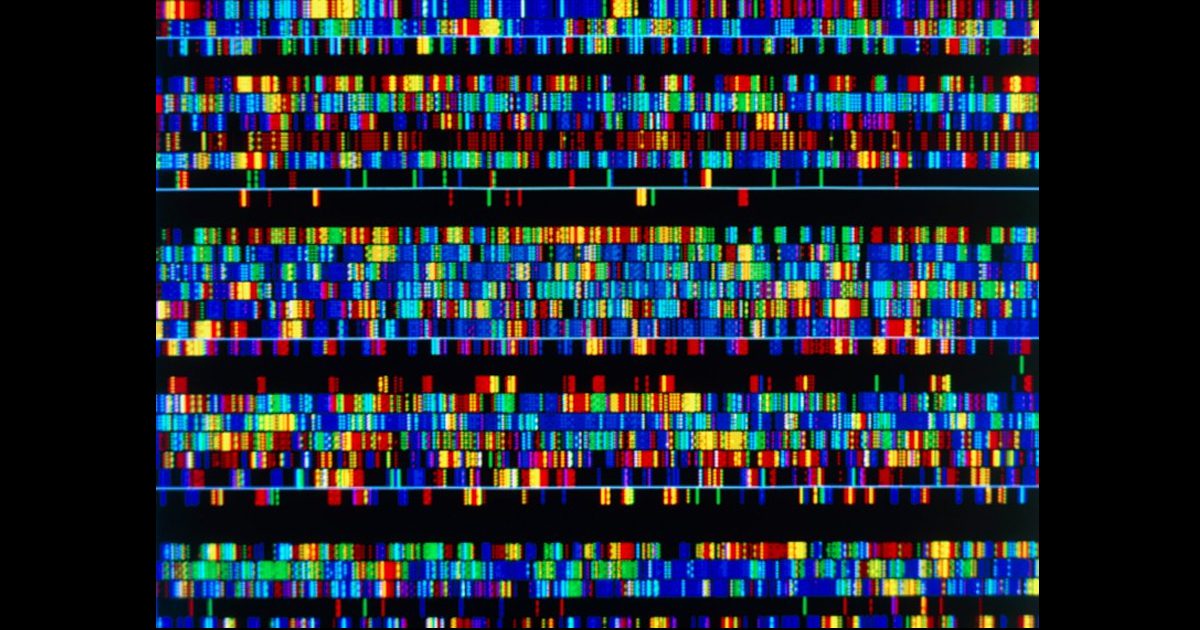Scientists have developed a new mobile tool based on Artificial Intelligence (AI), which would improve the interpretation of HIV test results.
It is an AI-based mobile application that has conducted a pilot test in KwaZulu-Natal, South Africa, whose results have been favorable in identifying 97.8% of HIV positives and 100% of negatives.
"The findings demonstrate the potential of deep learning for accurate classification, whether positive or negative, of rapid diagnostic tests," said Rachel McKendry, co-author of the study and professor of biomedicine and nanotechnology at University College London.
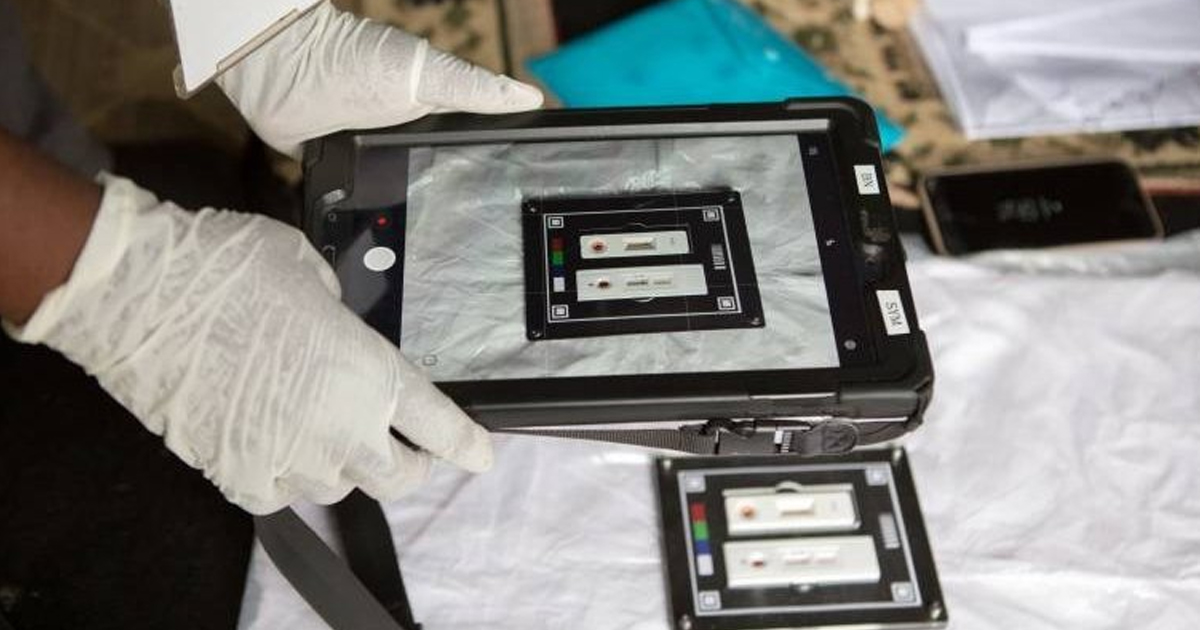
McKendry also explained that the overall performance of 98.9% is better than traditional visual renderings. The co-author explained that the study began in 2017, and the objective was to develop a low-cost, easy-to-use HIV diagnostic tool connected to mobile phones.
The research process required a lot of work and collaboration between those involved. about 60 field workers from the Africa Health Research Institute, built a library of more than 11 thousand images of HIV tests. Thanks to these data, the algorithm was trained to classify the tests as positive or negative.
“We believe our real-world image library of 11,000 field-acquired images is the first of its kind at this scale, and our study demonstrates that deep learning models can be deployed with mobile devices in the field, without the need for other accessories,” explained McKendry.
However, he also recognized the importance of expanding the image library to include more regions of sub-Saharan Africa, in order to achieve an HIV control program in that region of the continent.

